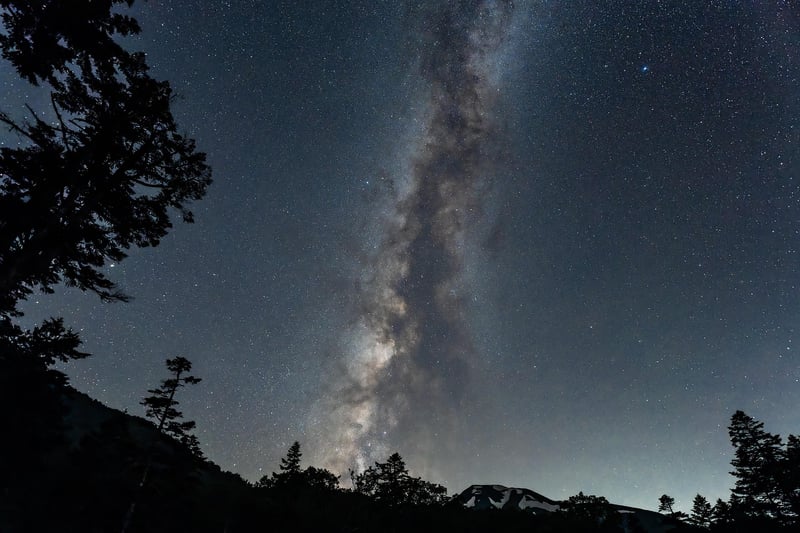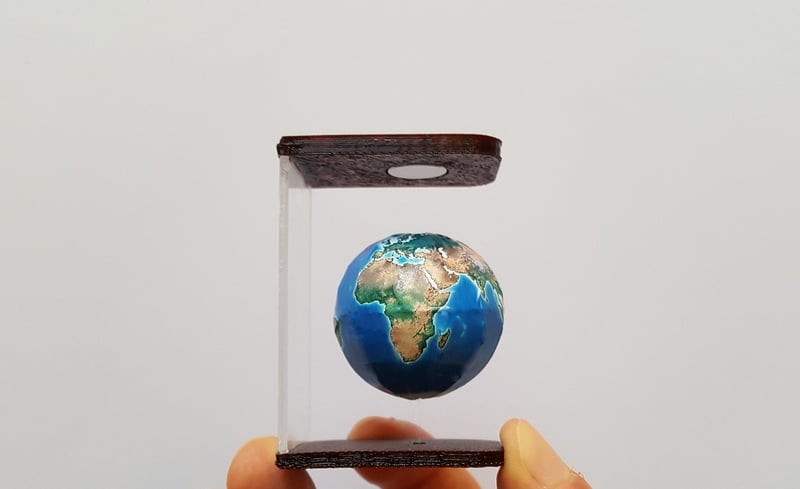Gravitational effects
Understanding Time in Space and Gravitational Effects
Space, the final frontier, has always captivated our imagination. One of the most intriguing aspects of space exploration is understanding how time behaves in the vast emptiness beyond our planet's atmosphere. In this article, we will delve into the concept of time in space and explore the gravitational effects that can warp our understanding of it.
Time Dilation in Space
According to Einstein's theory of relativity, time is not a constant but is relative and can be affected by gravity and speed. This concept is known as time dilation. In the extreme conditions of space, where gravitational forces are significantly weaker than on Earth, time can behave in unexpected ways.
As an object approaches the speed of light or experiences strong gravitational fields, time appears to slow down for that object relative to a stationary observer. This phenomenon has been observed and verified through experiments with atomic clocks on orbiting satellites.
Gravitational Time Dilation
Gravitational time dilation occurs due to the warping of spacetime by massive objects like stars and planets. The stronger the gravitational field, the slower time flows relative to a weaker gravitational field. This effect is crucial for understanding phenomena like black holes, where time seems to come to a standstill at the event horizon.
Implications for Space Travel
Understanding time dilation is essential for space exploration, especially for missions that involve traveling close to the speed of light or near massive celestial bodies. Astronauts on long-duration space missions may experience slightly different timelines compared to people on Earth due to these relativistic effects.
Future Research and Applications
Scientists continue to study the effects of time dilation in space to refine our understanding of the universe. Furthermore, technologies like GPS rely on correcting for both special and general relativistic effects to provide accurate positioning data on Earth.
As we venture further into the cosmos, the intricate relationship between time and gravity will play a critical role in shaping our perception of the universe and our place within it.

Explore more about time in space and gravitational effects here.
